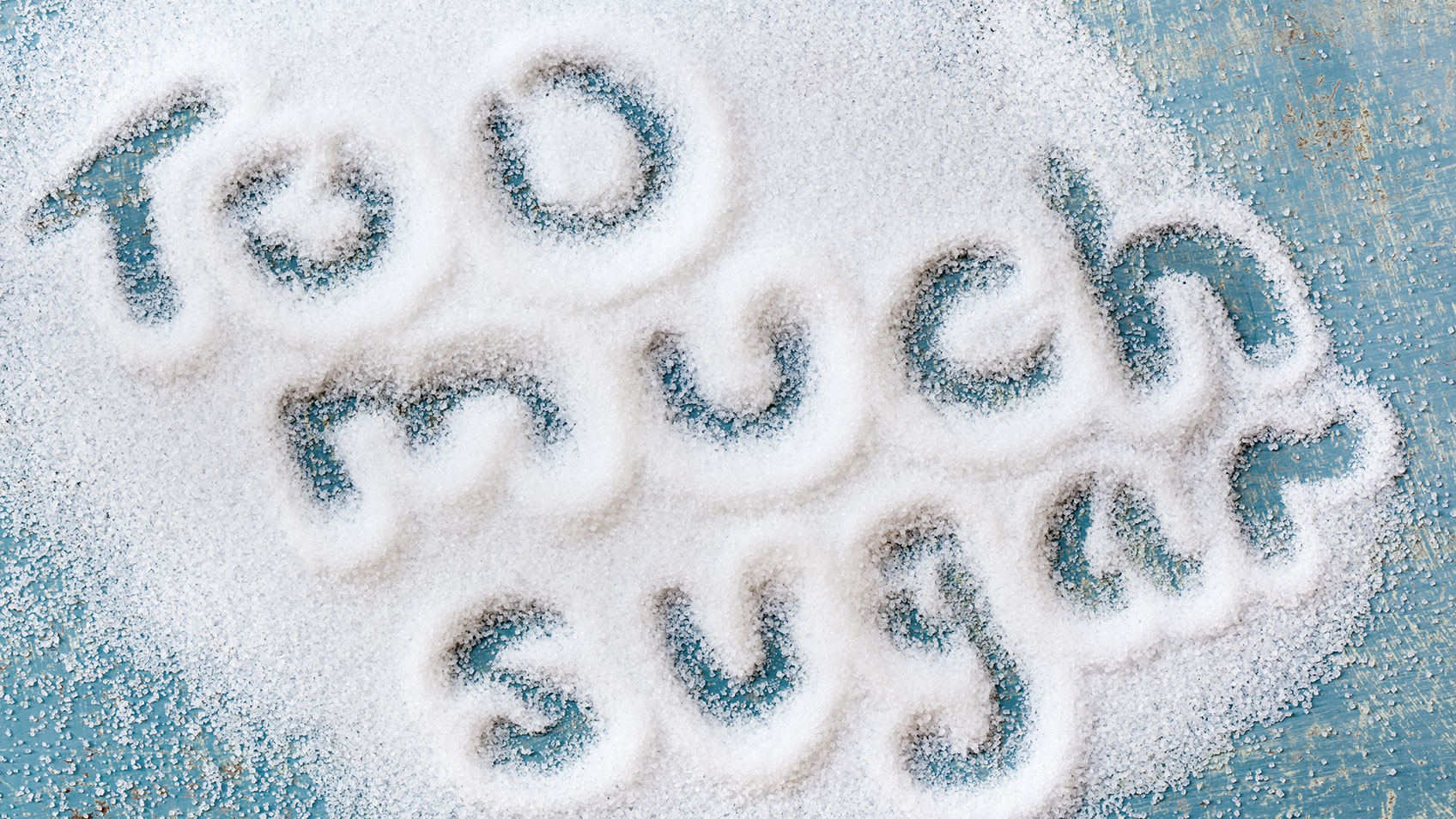
Sugar Problems
The average American consumes over 130 pounds of sugar annually
Did you just jump when you read that? Incredible, but true. One hundred and thirty pounds…that’s a LOT of sugar.
I wrote concerning sugar on this web log back in 2009 and 2010. And here we go again.
What alarmed me this time was a report that aired a few weeks ago on 60 Minutes, where Sanjay Gupta reported new research showing that sugar—in whatever form—is a toxin and the driving force behind many major killers, like diabetes, hypertension, obesity and heart disease. Dr. Gupta interviewed Dr. Robert Lustig, a California endocrinologist who became especially alarmed to the deleterious effects of sugar while treating his own patients, many sick and obese children, and is leading an anti-sugar campaign.
Although it’s true that sugar consumption has gone down by nearly 40 percent since the 1970s, when low-fat foods became a way to lose weight, what’s also true is that high ketohexose corn syrup—which is simply as (or more) dangerous—has taken its place. Something had to replace the flavor that was lost when fat was taken out of food, after all. Take a look at the sugar content on any low-fat food, whether it’s in peanut butter, yogurt or cereal, and you can be sure the sugar content on that food is considerably on top of within the full-fat version.
Both sugar and HFCS area unit equally dangerous, he said, since they each contain ketohexose. It’s the fructose that makes a beeline for the liver, which then converts some of it into fat, bringing it the bloodstream and generating LDL cholesterol. Not only is LDL cholesterol the “bad” cholesterol, but this type of LDL contains dangerous small dense particles, which can lodge in blood vessels and form heart-threatening plaque.
So, you and a great deal of people is also thinking, I’ll substitute artificial sweeteners for the sugar. But that’s not necessarily the answer. Although the sugar substitutes on the market have to be compelled to clear FDA approval, some health advocates are wary of their safety. Aside from that, sugar substitutes provide empty calories and no nutritional value. Worse yet, some studies show that some folks that use artificial sweeteners, rather than losing weight, gain it instead. Why? They set you up for even additional sugar cravings, confusing the body. Your brain thinks you’re getting a lot of calories when you’re ingesting something sweet, and your metabolic reflexes gear up for that to happen. When it doesn’t, the system is thrown out of whack. You might eat additional or expend less energy than you otherwise would.
But I digress. We gorge on sugar, to the point of one-third of a pound of the stuff each day. It’s time to curb that awful habit. If you’re not convinced, here are some other takeaways from the show:
- Sugar in any form—honey, agave nectar, table syrup, crystallized—is all equally toxic.
- Fruit is metabolized differently in our bodies because its fiber slows the absorption of fructose.
- Eat ‘real’ foods that don’t come out of a box or can. Those foods, like vegetables, poultry and fish, are usually found along the outer perimeter of the supermarket.
- Sugar may raise your cholesterol as much as, or even more than, fatty food (like a cheeseburger).
- The American Heart Association recommends that women should not consume more than 100 calories of added sugars each day (that figure goes up to 150 for men). This is less than the amount in one can of soda!
- Sugar is a “public health crisis” that belongs in the same category as tobacco and alcohol—a dangerous substance whose consumption should be limited.
- Sugar causes hypoglycemic agent to spike, which can fuel certain types of cancers. One-third of common cancers (including breast and colon) have insulin receptors on their surface. When insulin binds to these surfaces, it can feed the tumor. In the pipeline area unit medicine that may be ready to bring to a halt the availability of aldohexose to cancer cells.
- If you must eat sugar, keep it to a minimum.
- Sugar is more addictive than people realize. MRI scanners show that once sugar fires up the brain’s reward regions, releasing dopamine and producing a euphoric effect.
- The body can build up a tolerance to sugar; the more you eat, the less rewarded you will feel, leading to more consumption.



